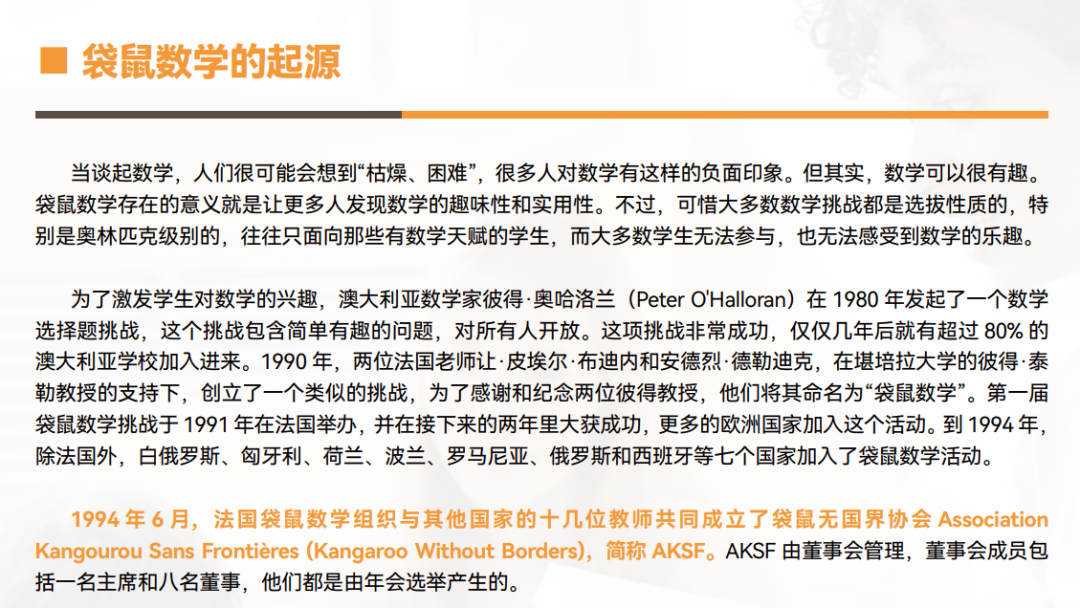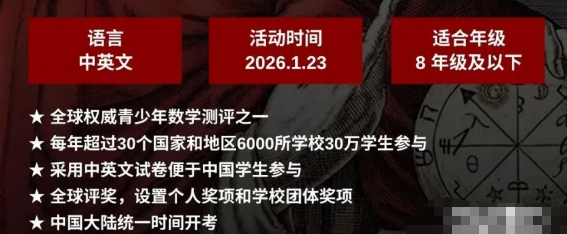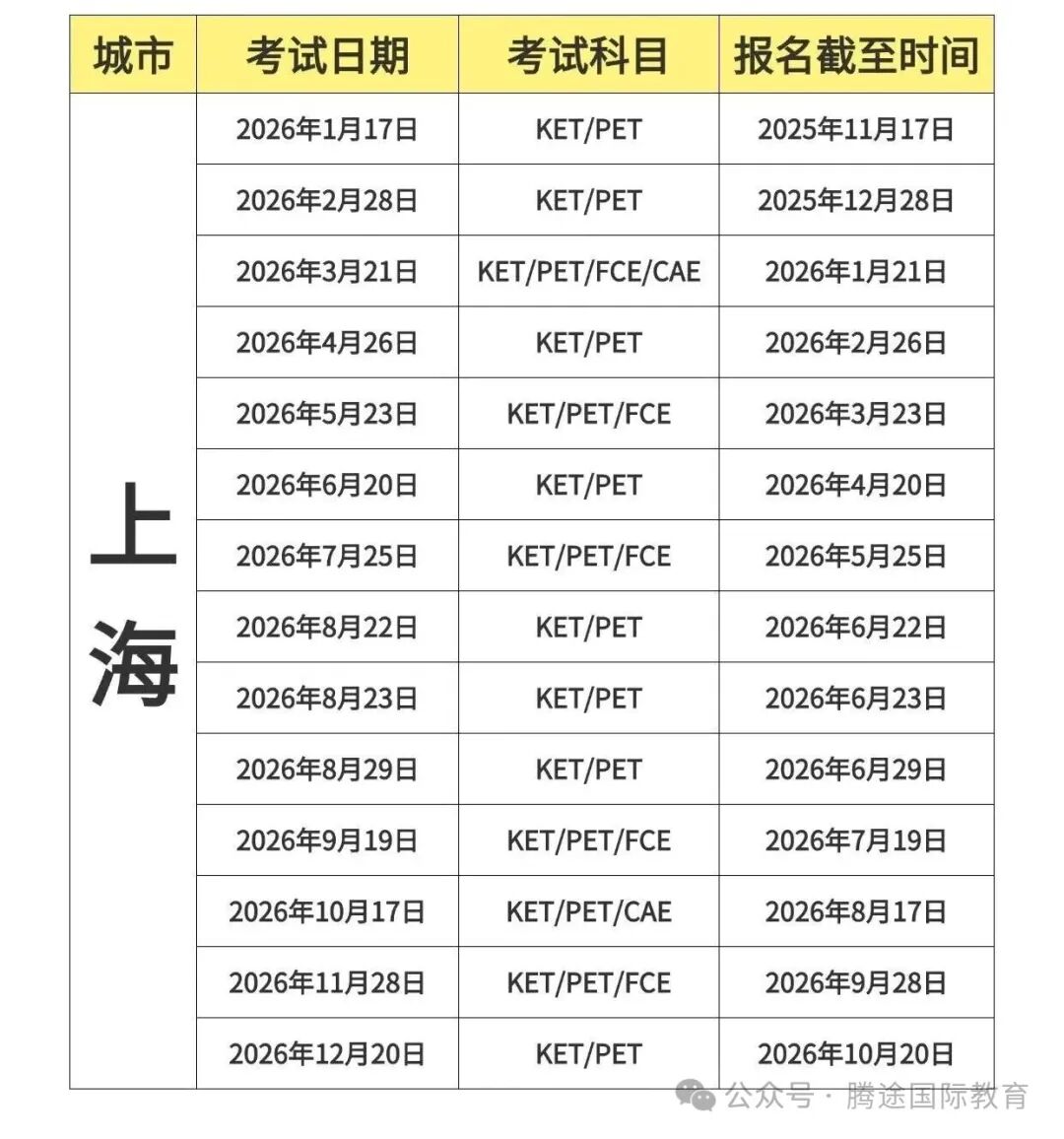写作导师为同学们准备了几点关于如何动笔,开始头脑风暴的建议,希望能帮助到有需要的同学们。
(以下正文为双语)
Getting started is one of the hardest parts of writing. You have this whole blank page in front of you, and you can put whatever you want on it. It still scars me, to be honest, till this day.
In this video, I’m gonna share a few quick tips for how to get over that hurdle and start writing an essay without being too stressed by it. These work for any kind of writing- not just academic essays but also personal essays, short stories, even writing a cover letter for a job application.
开始动笔是写作中最难的部分之一。想象一下,在你面前有一张空白的纸,而你可以在上面写下任何内容。说实话,直到今天我都还有点害怕这个过程。
本期视频,我将分享一些技巧,告诉你如何克服这个障碍来开始动笔,而不会感到压力太大。这些技巧适用于任何类型的写作,不仅包括学术论文,还包括个人散文,短篇故事甚至是求职信等等。
Part One
▪不要一开始就给自己设限▪
1. Don’t limit yourself upfront.
It’s really normal to have no idea of what you want to say when you first start to work on something. That’s totally fine. Instead of feeling nervous or anxious about this, just lean into it. Take some time and jot down anything and everything that you could think of that could possibly be related to the topic that you’re writing on. Don’t censor yourself or criticize any idea, no matter how small or how weird. Just make ton of notes.
开始写东西时,不知道自己该写些什么是很正常的。这都没关系。与其为此而紧张或焦虑,不如直面它,投入一点。慢慢来,记下任何你能想到的、可能与你写作主题有关的东西。不要压抑自己或否定任何想法,无论它是多小或多荒诞。尽量记下更多的想法。
Part Two
▪学会放空思绪▪
2. (Once you have done this) Think away from your desk.
It may be the case that you have a ton of ideas, and you make a lot of notes. But you also may not have any ideas. If this thing happens a lot, and you really feel stuck, get up from your desk and go do something else. Preferably something that is active but that doesn’t fully engage your mind, like going for a walk or cleaning your room. This may feel like “procrastination,” but it’s actually enormously helpful. When your body is moving, your mind will start moving too, especially because you’ll be putting a lot less pressure on yourself. Good ideas tend to come when we aren’t trying really hard to have good ideas, and let our mind wander and make connections that we maybe wouldn’t consciously think of. Then once you start to have some ideas, come back to your desk and jot down notes.
可能出现的情况是,也许你有很多想法,并做了很多笔记。也有可能毫无思路。如果这种事经常发生,而你真的觉得困难重重,那就离开你的书桌,先放一放,去做点别的事情。 最好是一些需要活动的,不太费脑的事情,比如散步或者打扫房间。这可能感觉像在“拖延”,但确实很有用。当你的身体在运动的时候,你的思维也开始活跃,特别是因为这样你对自己的压力就会小很多。好的点子往往是在我们不太刻意地去思索好的想法的时候产生的,让我们放飞思绪,并建立起我们可能不会有意识地想到的联系。然后,一旦你开始有一些想法,回到书桌旁把它写下来。
Part Three
▪放一放再说▪
3. Sleep on it.
After you’ve gotten some notes down, take a break! You may have been told that it’s important to “sleep on” a problem. This is good advice. Our minds do a lot of unconscious processing while we rest. Hence the stories about scientists, for example, who had great realizations while they are doing something totally unrelated. You can literally sleep on your essay (take a nap, or wait until the next day), or just go do another unrelated task. Let your brain do its work, and then come back to your notes with fresh eyes after some time has passed. You’ll likely then be able to figure out which ideas are the most interesting, and which fit together in unexpected ways.
记下一些想法后,休息一下!也许有人告诉过你,“有些重要的事情,可以放一放”。这个建议很好。休息时,我们的大脑会进行很多无意识的活动。比如,有些故事提到科学家会在做一些毫不相关的事情时产生了一些灵感。所以,你可以先把文章放到一边(小睡一会儿,或者等到第二天),也可以去做一些其他事情。让你的大脑运转起来,然后再以全新的视角重温你的笔记。这样你就可以找出哪些想法最有趣,哪些想法是以意想不到的方式组合在一起的。
Part Four
▪写一篇糟糕的草稿▪
4. Write a bad draft.
Finally, once you have done all of this, just sit down and write a really bad draft. And I mean it. Make it bad. Don’t try to edit as you write, and don’t think about whether it is good or not. Just to make it your goal to write an absolutely terrible draft and get the words done on paper. It’s so much harder to start writing when you’re putting pressure on yourself, so take that pressure off. All you have to do is write, nothing more. You’ll come back to revise later - that’s when you can worry about making it good. If you have too many expectations for your first draft, you’re likely to end up limiting yourself, and you are gonna miss out on discovering core new ideas. Plus, it will just be a lot harder to clear that hurdle of getting started.
最后,在你完成了所有这些之后,坐下来写一个很糟糕的草稿。我是认真的,写篇糟糕的草稿。写的时候不要尝试去修改,也不要去纠结它是好是坏。你的目标就是写出一份相当糟糕的草稿,把它写在纸上。当你给自己施加压力时,开始下笔会尤其困难,所以要把这种压力放下。你所要做的就是写下来,仅此而已。后面你还会来修改,那时你就可以考虑如何把它写好了。如果你对你的初稿期望过高,可能反倒会限制自己,从而错过发现新思路的机会。而且,提笔写作的心理障碍也会更难跨越。
When I was younger, I had a really hard time getting started with writing. I used to procrastinate a lot. And it wasn’t that I was lazy; I just didn’t know how to start! But once I learned the things I’ve described here, getting started became much easier. Everything I’ve talked about here is something I still do and find helpful. One important thing to keep in mind, though, is that this process takes time- so start as early as you can.
我小的时候,开始写作也非常困难,总是有点“拖延症”。并非因为懒,而是我根本不知道该从何下手!但是,当我掌握了我在此谈到的这些技巧之后,开始动笔就变得容易多了。我在这里谈到的每件事,我现在仍然在做,感觉确实受益良多。但要记住的是,这个过程需要时间——所以尽可能早开始,这很重要。














